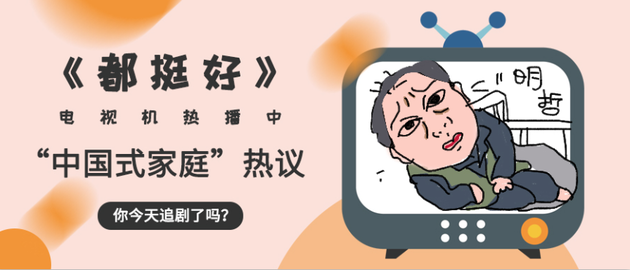
Photo/Shetuwang
Mar. 28 (NBD) -- All Is Well, a 2019 Chinese drama television series that aired on Zhejiang Television and Jiangsu Television recently, is now popular on YouTube with a total view of about 50 million.
Due to low costs and stable revenue mode, the online video platform has increasingly become an important station for Chinese video contents to go global and served as a reliable source of income.
It is noticed that popular Chinese video content providers such as Youku, Tencent Video and Mango TV all opened official YouTube accounts. The platform also attracted individual Chinese bloggers including Ms Yeah and Papi Jiang.
Most of the above accounts are managed by themselves, while TV series are distributed through specialized channels.
Statistics show that there are three major channels on YouTube that are responsible for distributing Chinese TV series and they are followed by a total of 3.36 million people. Through those accounts, viewers can find almost all popular Chinese drama.
Behind the top three Chinese drama channels are distributing companies Inmost Media, Youmi and Century UU respectively. They specialize in buying overseas-distributing rights of premium domestic TV series and sell them to the overseas market.
Videos on YouTube are free to view, but video content providers profit from advertisements. A YouTube account can apply for YouTube Partner Program as long as it has at least 1,000 subscribers and 4,000 public watch hours. Once approved, the channels are able to land advertisements.
According to a TV series distributor, the total revenue of Chinese drama Story of Yanxi Palace generated from overseas new media has surpassed the 10-million-yuan (1.5 million U.S. dollars) landmark. Mars Official Channel also turned profitable simply by pushing the first three seasons of entertainment show the Mars Intelligence Agency.
Compared with other video platforms, YouTube has a distinct advantage -- serving the global market.
It is worth noting that due to local protectionism, many Chinese TV series may not be able to display on foreign TV channels or mainstream TV stations. A senior distributor disclosed that even some make their way to mainstream TV channels; the advertisements will be limited, which will not be a profitable business in the long run.
Besides, there is no guarantee that the original contents will not be altered through working with other video platforms. For example, Netflix acquired popular Chinese drama Empresses In The Palace, but it cut down the original series' 76 45-minute episodes into six 90-minute episodes for its U.S. service, which greatly reduced its flavor and made it hard to understand.
Despite all advantages of YouTube, challenges remain on promoting Chinese TV drama on the platform.
To protect membership rights of consumers in China, some video providers will ask foreign distributors to update video contents later. iQiyi, a Nasdaq-listed Chinese online video platform that aims to be China's Netflix, does not open an account on YouTube.
Despite large number of views on YouTube, the Chinese video contents will not go global in real sense as most of the receivers are Chinese descedants. It is far from enough to simply display on YouTube.
Li Defu, chairman of Century UU, noted in an interview that to take the overseas market, Chinese video contents have to seize the 100 million overseas Chinese first and then the 5 billion people of different colors. It is a good choice to upload the contents to YouTube. But it is still a long way to go before truly going global.
Email: tanyuhan@nbd.com.cn


 川公网安备 51019002001991号
川公网安备 51019002001991号





